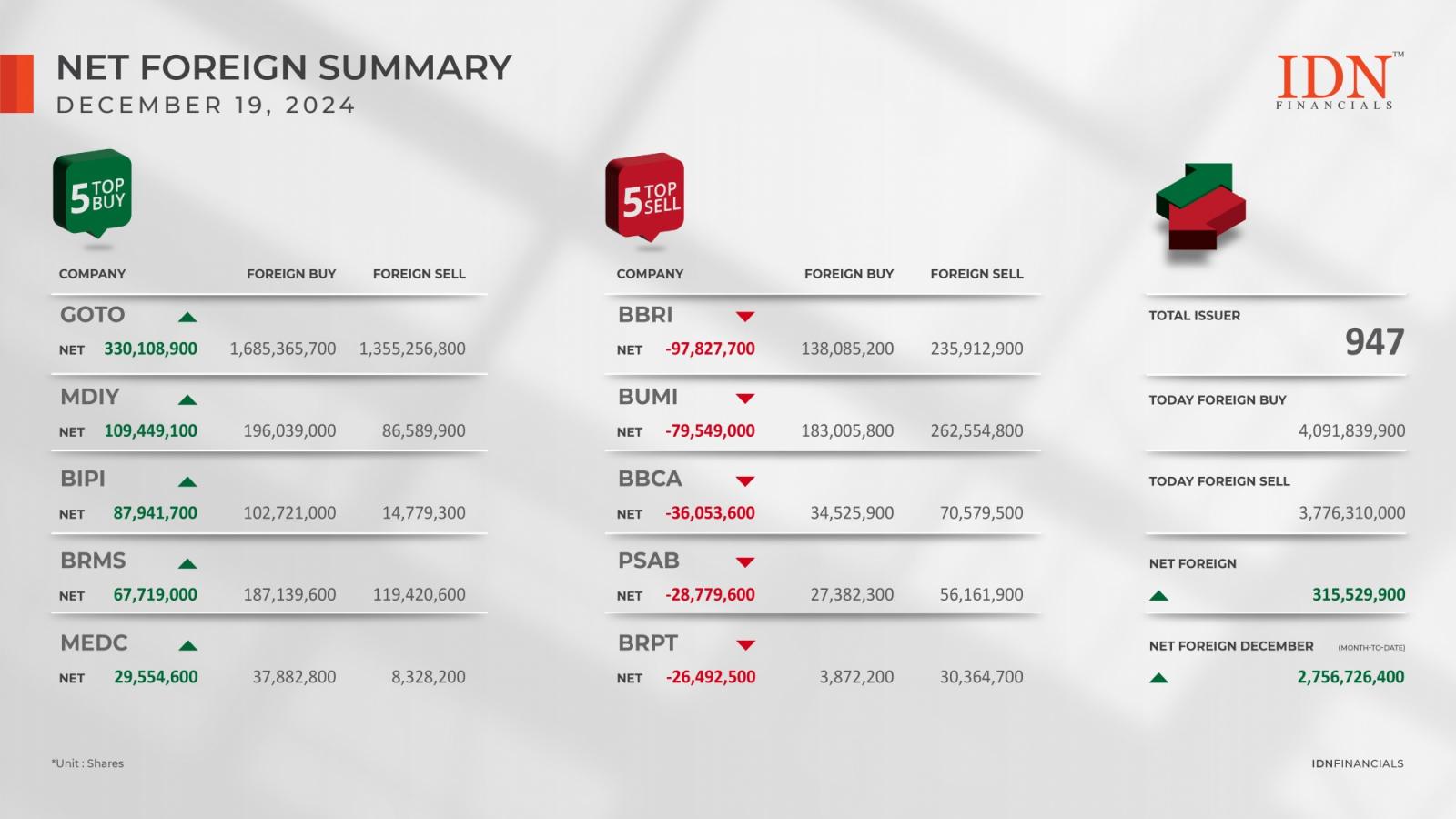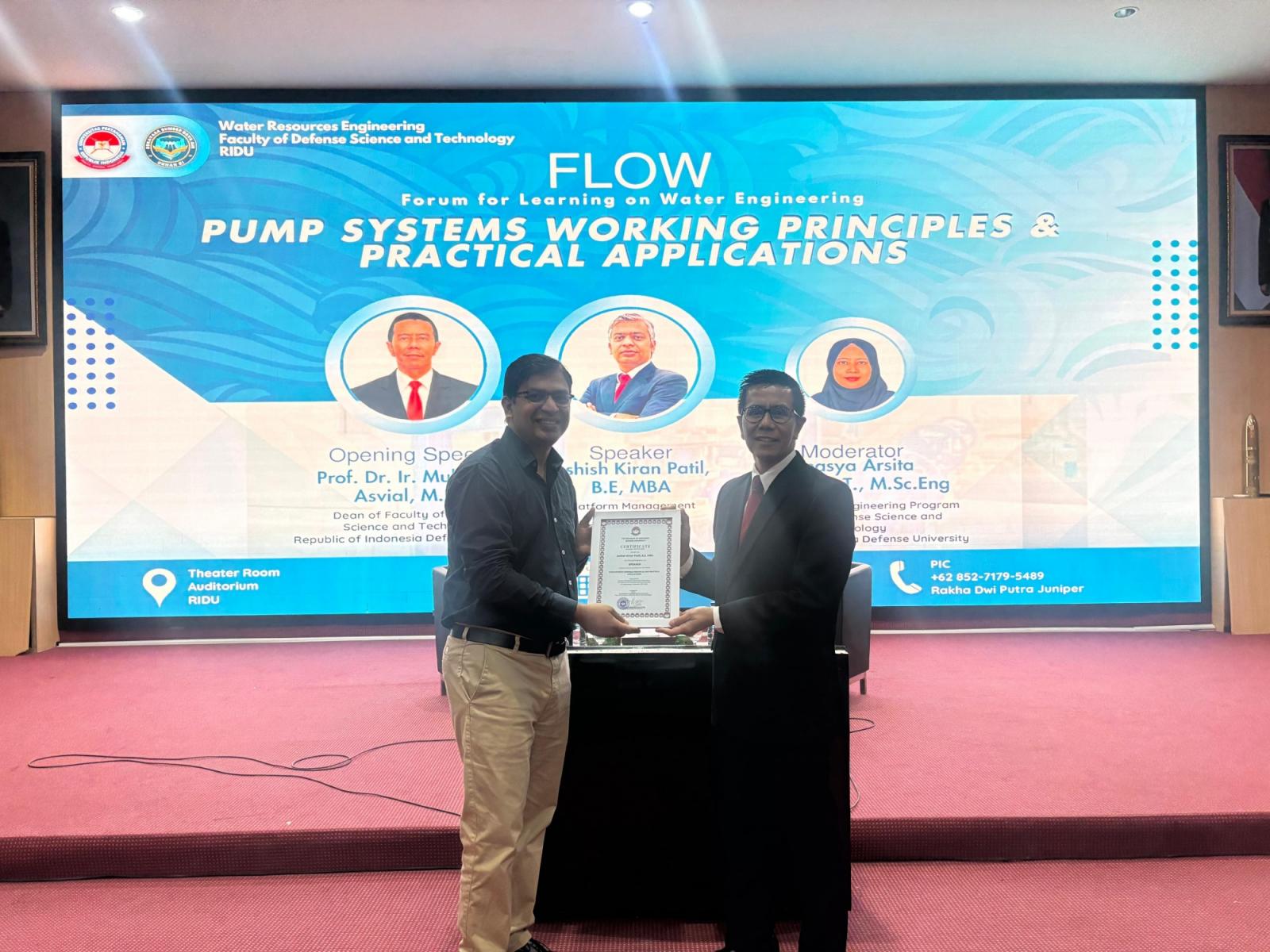
The euro area manufacturing sector continued to contract on steep reduction in orders and output in July, final data from S&P Global showed on Thursday.
Further, official data showed that the unemployment rate in the currency bloc edged up in June as firms scaled back their staffing capacity amid weak economic activity.
The HCOB manufacturing Purchasing Managers\' Index posted 45.8 in July, unchanged from June and above the flash estimate of 45.6.
There was a marked reduction in the health of the euro area\'s goods-producing economy, the survey showed.
\"The widely held belief that the eurozone\'s recovery would pick up speed in the second half of the year is taking a hit, thanks to the latest HCOB PMI index for the manufacturing sector,\" Hamburg Commercial Bank Chief Economist Cyrus de la Rubia said.
Earlier this year, the sector was expected to climb out of the production slump, but the doubts that surfaced in June have been intensified by an accelerated decline in production in July, de la Rubia noted.
\"Given this weak data, we\'ll probably need to lower our GDP growth forecast for the year from 0.8%,\" the economist added.
The survey showed that the steep reduction in new orders led to a contraction in output and workforce numbers decreased the most since last December.
There were further decreases in purchasing activity and inventories, while business confidence softened to a four-month low.
The survey showed a marked acceleration of cost pressures as input prices increased at the fastest pace in a year-and-a-half. Meanwhile, manufacturers refrained from passing on greater cost burden to clients.
Germany and France, the bloc\'s two largest economies, saw their respective index values falling to three-month and six-month lows, respectively. Spain was the strongest performer so far this year. At the same time, Italy\'s manufacturing continued to improve but remained in the contraction zone.
The downturn in Germany\'s manufacturing sector gathered pace in July. The final PMI slid to 43.2 from 43.5 in June. The flash score was 42.6. The current 25-month sequence of sub-50 readings was the longest on record since 1996.
France\'s manufacturing activity contracted further in July. The indicator slid to 44.0 in July from 45.4 in June.
Spain\'s manufacturing economy continued to expand, albeit at softer pace. The factory PMI posted 51.0 in July, down from 52.3 in the previous month and the lowest in the current six-month growth sequence.
Italy\'s manufacturing downturn eased in July with both output and new orders dropping at slower rates. The factory PMI rose more-than-expected to 47.4 in July from 45.7 in the prior month. The reading was forecast to climb to 46.0.
Elsewhere, Eurostat reported that the unemployment rate in the euro area posted 6.5 percent in June, up from 6.4 percent in May. Economists had forecast the jobless rate to remain unchanged at 6.4 percent.
The number of people out of work increased by 41,000 from May and by 81,000 from the previous year.
Meanwhile, the youth unemployment rate dropped slightly to 14.1 percent from 14.2 percent.





